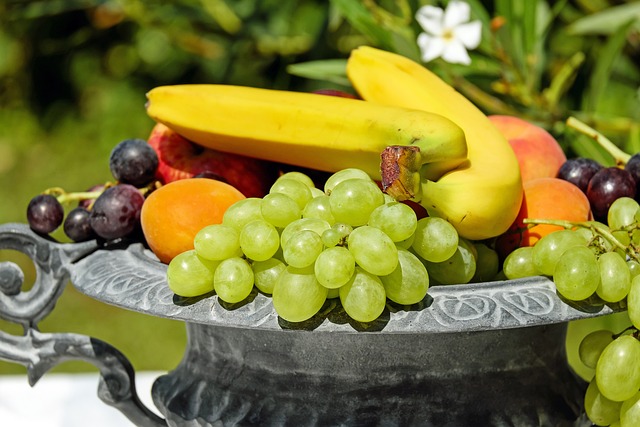If you’re looking to improve your gut health, you’ve probably heard about probiotics. These beneficial bacteria have been gaining popularity in recent years, and for good reason – they can boost your immune system, improve digestion, and even enhance your mood. While taking a supplement is one way to add probiotics to your diet, another effective method is through fermented foods.
What are Fermented Foods?
Fermented foods are foods that have undergone a process of lactofermentation. This is a natural process that occurs when bacteria feed on the sugars and starches in a food, creating lactic acid. This process preserves the food, and it also adds a tangy, sour flavor. Fermented foods have been used for centuries in cultures all over the world, from sauerkraut in Germany to kimchi in Korea.
Why are Fermented Foods Good for You?
Fermented foods are chock-full of probiotics, which are good bacteria that live in your gut. These bacteria help break down food and absorb nutrients, and they also play a role in immune function. When you eat fermented foods, you’re introducing a variety of different strains of bacteria into your gut, which can help keep your microbiome (the collection of bacteria in your gut) well-balanced and healthy.
In addition to probiotics, many fermented foods are also rich in vitamins and minerals. For example, fermented cabbage (in the form of sauerkraut or kimchi) is a great source of vitamin C and fiber. Fermented dairy products like yogurt and kefir are high in calcium and protein.
What are Some Examples of Fermented Foods?
- Sauerkraut
- Kimchi
- Kombucha
- Miso
- Tempeh
- Yogurt
- Kefir
- Buttermilk
- Raw apple cider vinegar
How Can I Incorporate Fermented Foods into My Diet?
Fortunately, incorporating fermented foods into your diet is easy and delicious! Here are a few ideas to get you started:
- Add sauerkraut or kimchi to your sandwich or salad.
- Sip on some kombucha for a refreshing mid-day pick-me-up.
- Use miso paste to make a savory soup or marinade.
- Try tempeh as a protein-rich meat substitute in stir-fries or salads.
- Top your morning granola with some yogurt or kefir.
- Use buttermilk in your baked goods for a tangy, tender result.
- Mix some raw apple cider vinegar into your vinaigrette for a zesty kick.
Are There Any Downsides to Fermented Foods?
While fermented foods are generally safe and healthy for most people, they may not be suitable for everyone. Some people with irritable bowel syndrome (IBS) or other digestive issues may find that the high fiber content in fermented foods exacerbates their symptoms. Additionally, some fermented foods (like kimchi and sauerkraut) are high in sodium, which can be problematic for people with high blood pressure or other health concerns. As with any dietary changes, it’s always a good idea to talk to your doctor or a registered dietician before making significant changes to your diet.
The Bottom Line
Fermented foods are a delicious and easy way to incorporate more probiotics into your diet. Whether you’re a sauerkraut fan or a yogurt lover, there’s a fermented food out there for you. While they may not be suitable for everyone, most people can benefit from adding more fermented foods to their diet. So why not give it a try and see how your gut (and your taste buds) feel?







